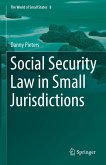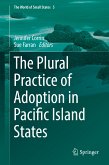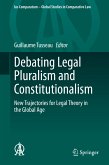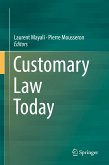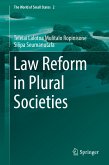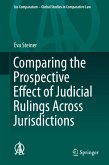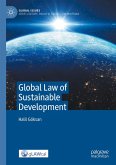Some of the challenges affecting small jurisdictions include: a lack of resources and paucity of policy/drafting capacity; the pressures and pull from sources outside the jurisdiction (e.g. international bodies or NGOs; larger states; treaty commitments); a vulnerability to domestic capture (e.g. criminal elements, big local businesses, strong domestic lobby groups); weak/bad governance (e.g. laws or institutions which themselves do not encourage or promote good governance, reflection and reform); the legacy of colonial legal systems and their interaction with indigenous or customary laws; and struggles to comply with constitutional norms such as accountability and transparency. Despite these difficulties small jurisdictions also have certain advantages when it comes to making and reforming law: they can be flexible and creative; they can legislate very quickly if the political will is there; and there is strong informal/formal accountability in a small jurisdiction.
This edited collection explores law reform and law drafting in small jurisdictions through the themes of sovereignty; the impact of colonialism and legal plurality; the challenges of harmonising laws at regional and international levels; and constitutional reform. Of use to researchers and practitioners alike.
Dieser Download kann aus rechtlichen Gründen nur mit Rechnungsadresse in A, B, BG, CY, CZ, D, DK, EW, E, FIN, F, GR, HR, H, IRL, I, LT, L, LR, M, NL, PL, P, R, S, SLO, SK ausgeliefert werden.



